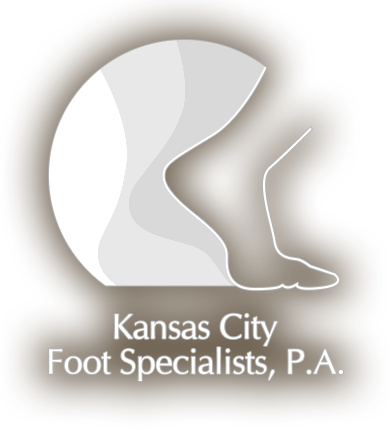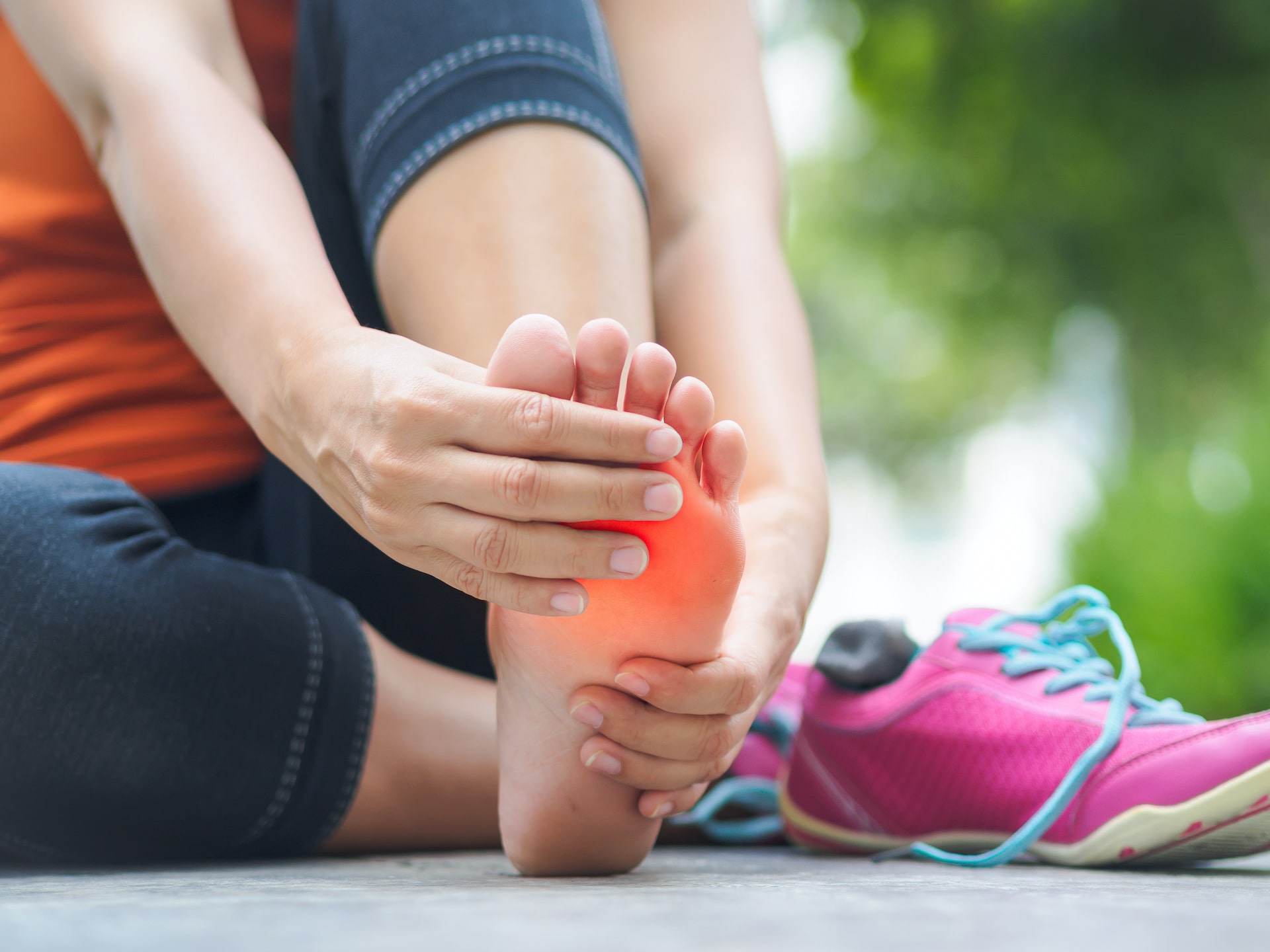Chronic cold toes can be the indication of a cardiovascular circulation problem or may be the symptom of another serious condition. The following are some conditions that can cause to chronic cold toes:
1. Diabetes
A symptom of diabetes is cold and numb toes, and sometimes, fingers. The high glucose levels in a diabetic’s blood inhibit the nerve’s’ ability to interact with the toe, resulting in a numb, tingling, cold sensation. Toes affected by diabetes may lose sensitivity of pain, and be unable to recognize external cold.
Diabetes requires medical treatment, usually a daily dosage of insulin to manage your body’s ability to regulate glucose.
2. Raynaud’s Disease
Sometimes referred to as Raynaud’s Phenomenon, this condition is the spasm of blood vessels as a reaction to cold or stress. Symptoms include a progression of red feet that slowly pale to light blue and white tips on your toes. Treating Raynaud’s is usually as simple as warming your feet up, rubbing them, and avoiding negative influences such as stress and smoking.
3. Hypothyroidism
Your thyroid gland is located in your neck and is important for regulating your body’s metabolism. It can behave irregularly, either overacting or underacting. An underactive thyroid is referred to as hypothyroidism. This condition leads to muscle aches, dry hair and scalp, weight gain, depression, and cold toes and fingers.
An underactive thyroid is usually treatable by a medication that you have to take for the rest of your life in order to stabilize your thyroid production rate.
If your toes are cold and accompanied by these other symptoms, you may have an underactive thyroid gland, or another serious condition. Ignoring these symptoms can result in a bigger problem. Contact your podiatrist for an examination before your symptoms grow more severe.
If you are experiencing cold toes and other alarming symptoms, please visit a medical professional immediately. Call Kansas City Foot Specialists to schedule an evaluation at (913) 338-4440, or request an appointment online so we can work with you to keep your feet healthy.



